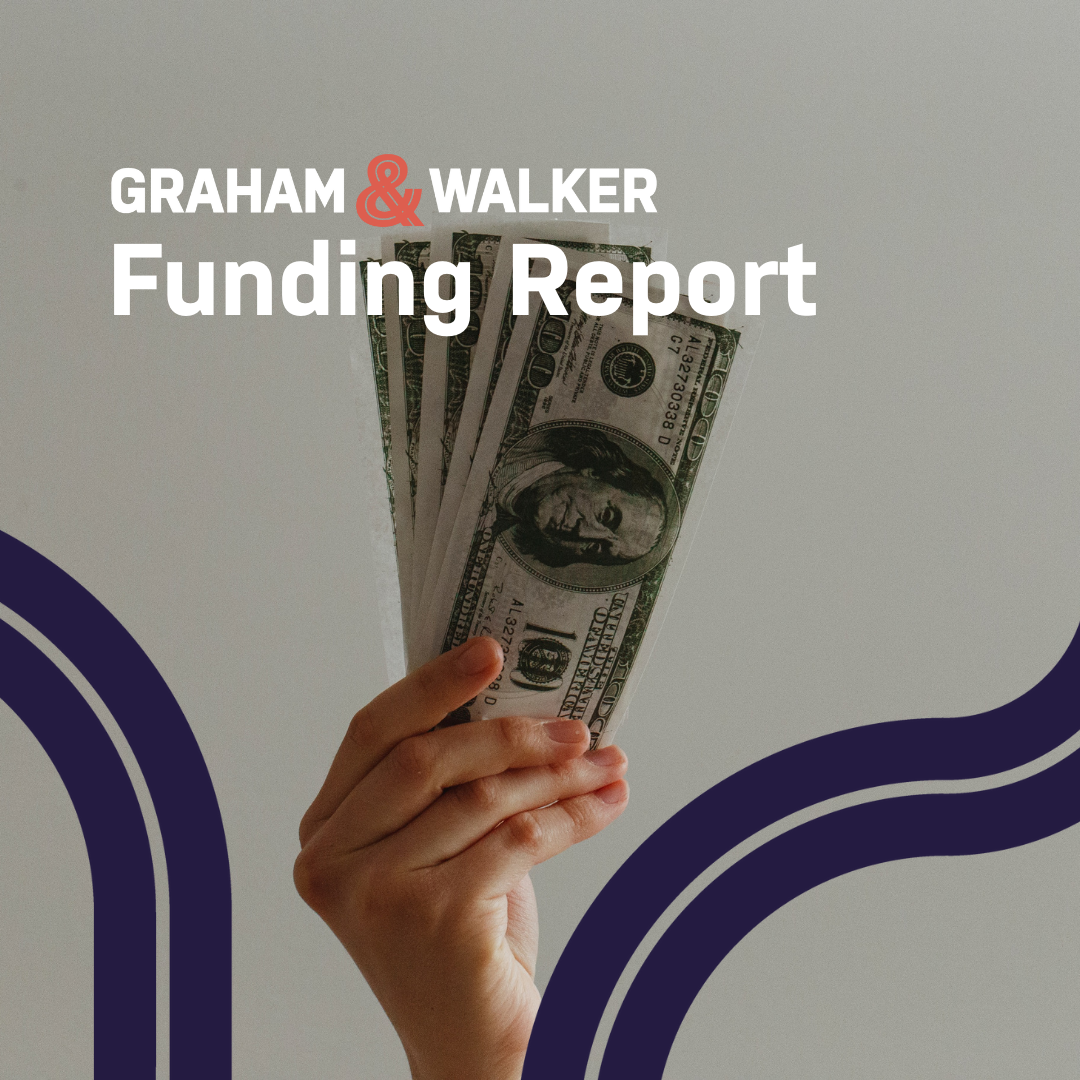Tracy Killoren Chadwell is a Founding Partner of 1843 Capital; motivated primarily by her desire to be helpful, she loves participating in the success and growth of companies that can make peoples lives better. She’s passionate about mixing creativity with persistence and support, a magical combination, particularly when supporting women founders.
Tell us about the professional journey that took you where you are today. What major lessons did you learn along the way?
I did not dream of being a venture capitalist when I was a little girl. My journey was one of discovery and being open to new opportunities. I went to law school primarily because my mother told me I needed “something to fall back on in case my husband lost his job.” After passing the bar exam, I felt a reluctance to join a traditional law firm. It wasn’t for me and something deep inside told me I was better suited to finance. So, instead of joining a law firm, I found a merchant banking firm in Chicago doing cross border work with Asia. I was obsessed with working there, so when they offered me the job of receptionist, I took it. I did negotiate that in 6 months, I would move from the front desk into an office and would start working on deals, and they said OK. I loved working on the deals, the financial modeling and the structuring of complex transactions. This eventually led me to the investment bank Robertson Stephens where I worked in venture for the first time. I was hooked.
What motivates you?
My motivation comes primarily from my desire to be helpful. I love participating in the success and growth of companies that can make peoples lives better. Venture capital is a very creative business. When I can mix creativity with persistence and support, it is a magic combination. This is especially true when I am supporting women founders.
What do you look for in a potential investment?
When we make an investment at 1843, we look for founders that have experience and a network in the sector they are focused on, a large market opportunity, good margins and a clear view to profitability. We have a preference for enterprise software companies, especially in cyber or “silvertech”- technology for the aging.
How do you find and curate your deal flow? What are the most effective ways for a founder to connect with you?
60 percent of our deal flow comes from referrals. We welcome cold emails though our website, however, a referral helps accelerate the trust factor required for investment. We spend a lot of time first person sourcing companies in our thesis that may not have known about us. This comes from “talking to the customers.” Your end user can tell you who the best companies are.
What are the major trends you are seeing in your investment space?
With the advent of the micro-vc and seed stage funds, we are seeing many more companies being funded. As there are so many “competitors” doing similar things we find we are reviewing many more companies than before. It makes it a bit more difficult to find the clear winners.
What are a few of the investments that you are the most proud of, regardless of the company’s success?
Our investment in Agrilyst has been both a financial and emotional success. The company has experienced robust growth, while “feeding the world.” They help indoor farmers achieve profitability. We need more food for the world’s growing population and indoor farms produce food efficiently, consistently and in proximity to the end consumer. Agrilyst’s software has already achieved a dominant position in this sector. It is a once in a lifetime opportunity for us to invest in a company that is the winning platform for a brand new business – vertical farming. The CEO Allison Kopf had the perfect background, saw a large problem that could be solved with recurring revenue software and has executed with persistence and grace. We are incredibly proud of the success she has shown to date and are looking forward to watching her navigate the next challenges and opportunities of moving to the next level.
Another investment I proud of is Beautycounter. Beautycounter has been incredibly successful financially and has experienced astonishing growth. However, it is the ability to give its consultants flexibility and a good income that make me really proud. And, yes, taking cancer causing chemicals out of our personal care products and raising awareness of toxins is pretty great too.
What do you wish founders knew about before meeting you and other investors? What about female founders specifically?
The most important thing is to read a little bit about us. There is very low probability of us investing in a company that requires large infrastructure builds or when a team has no diversity. A quick look at our website will tell you this. Also, we are series A investors. Please don’t be disappointed that you didn’t win us over to invest in your seed round. We simply don’t do it.
Anything else you want our readers to know?
If I wrote a book, it would be really short. It would be “follow up.” It is the most important thing founders should know. Introductions and time are gifts. To let things drop is a terrible waste. I always remind myself “don’t say no for them.” When you don’t follow up, that is exactly what you do.

